In the ever-evolving landscape of spirituality in the United States, a profound shift is taking place. Our extensive exploration delves into the intricacies of spirituality among Americans, offering comprehensive insights into beliefs, practices, and experiences that shape the spiritual fabric of the nation.
This summary slide show is based upon research conducted by Pew Research and written up in an article by by Becka Alper, Michael Rotolo, Patricia Tevington, Justin Nortey AND Asta Kallo and aims to provide valuable information that not only informs but also helps you gain a deeper understanding of the spiritual landscape in America.
The Spiritual Spectrum

Spirituality is a multifaceted concept, and it resonates differently with each individual. In a recent survey conducted by Pew Research Center in July and August 2023, a staggering 70% of U.S. adults describe themselves as spiritual in some way, emphasizing the significant role spirituality plays in their lives. Among them, 22% identify as spiritual but not religious, highlighting the diversity of spiritual perspectives.
Belief in the Unseen

One striking finding from the survey is that 83% of all U.S. adults believe in the existence of a soul or spirit beyond their physical bodies. This belief in the metaphysical essence of human beings transcends religious boundaries and is a cornerstone of American spirituality. Furthermore, 81% of respondents express the conviction that there is something spiritual beyond the natural world, even if it eludes our physical senses.
Embracing the Unexplained

Americans’ spirituality often extends to the realm of the unexplained. A notable 74% of respondents assert that there are aspects of life and existence that science cannot comprehensively elucidate. This acknowledgment of the limits of scientific understanding underscores the significance of spirituality in navigating the mysteries of life.
Profound Spiritual Encounters

The survey reveals that spiritual experiences are not uncommon among Americans. Approximately 45% of respondents report having had a sudden and profound feeling of connection with something beyond this world. Additionally, 38% share that they have experienced a strong sense of communication with departed loved ones from the spiritual realm. These encounters add depth and richness to the tapestry of American spirituality.
Spirits and the Afterlife
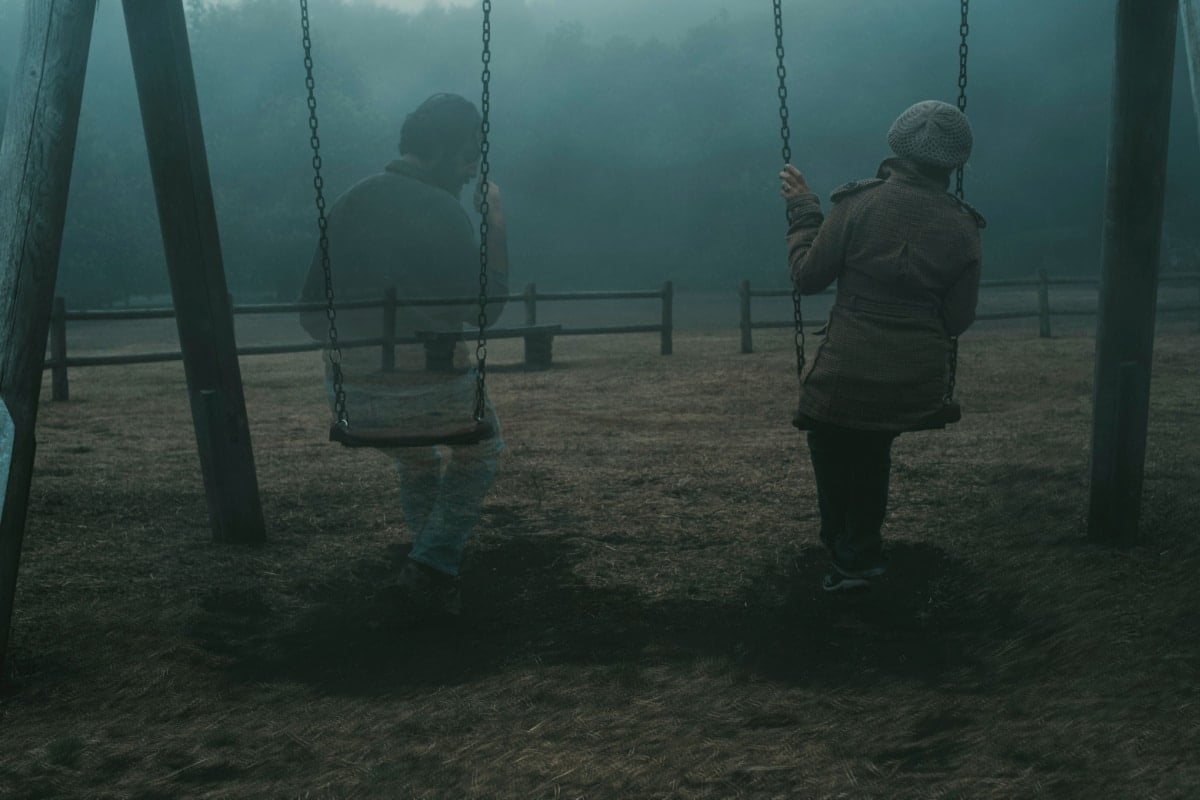
Beliefs about spirits and the afterlife are prevalent among Americans. A resounding 83% of respondents affirm the belief that humans possess a soul or spirit, while 57% extend this belief to animals other than humans. Furthermore, 60% believe that spirits can inhabit places like graveyards or natural landscapes, and 48% suggest that certain objects can carry spiritual energies.
Exploring the Afterlife
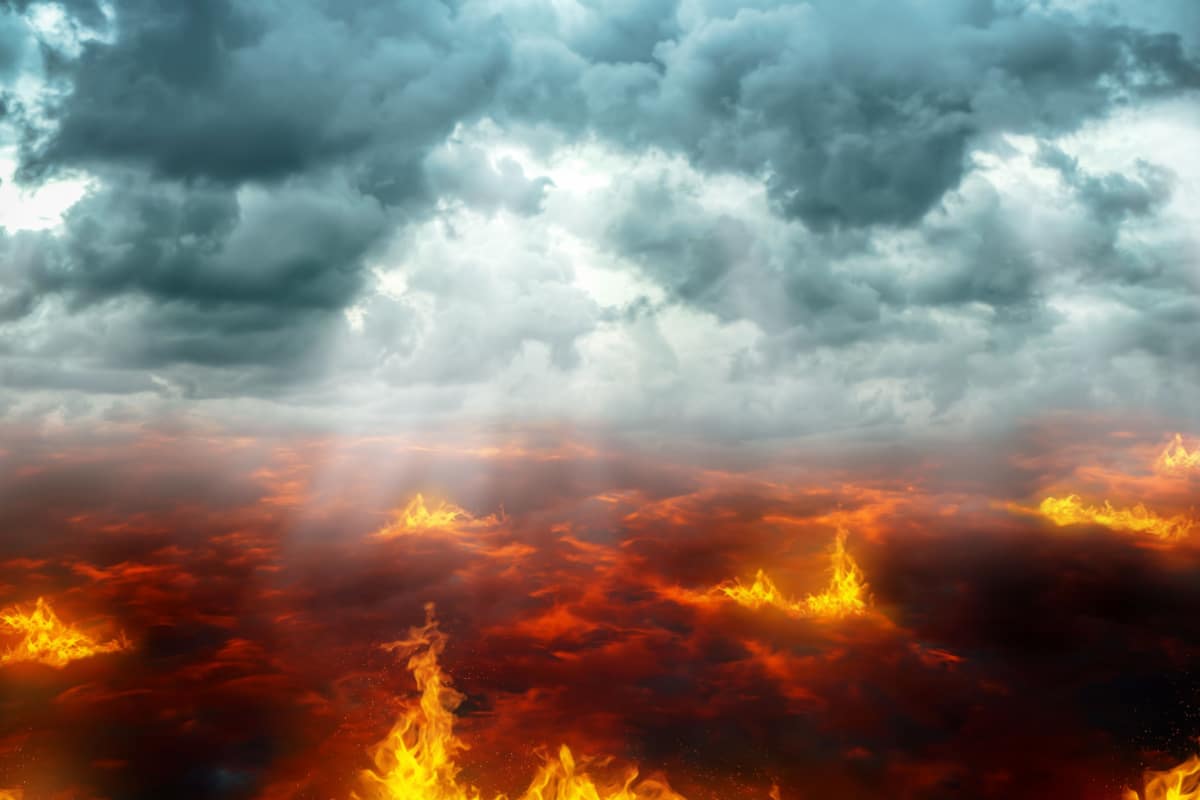
When it comes to the afterlife, 71% of Americans believe in heaven, while 61% believe in hell. These beliefs remain consistent over time, reflecting enduring convictions. Additionally, more than half of U.S. adults express the belief that the deceased can reunite with their departed loved ones in the afterlife and have the capacity to assist, protect, or guide the living. These beliefs provide a sense of continuity and connection with those who have passed on.
Spiritual Experiences and Practices
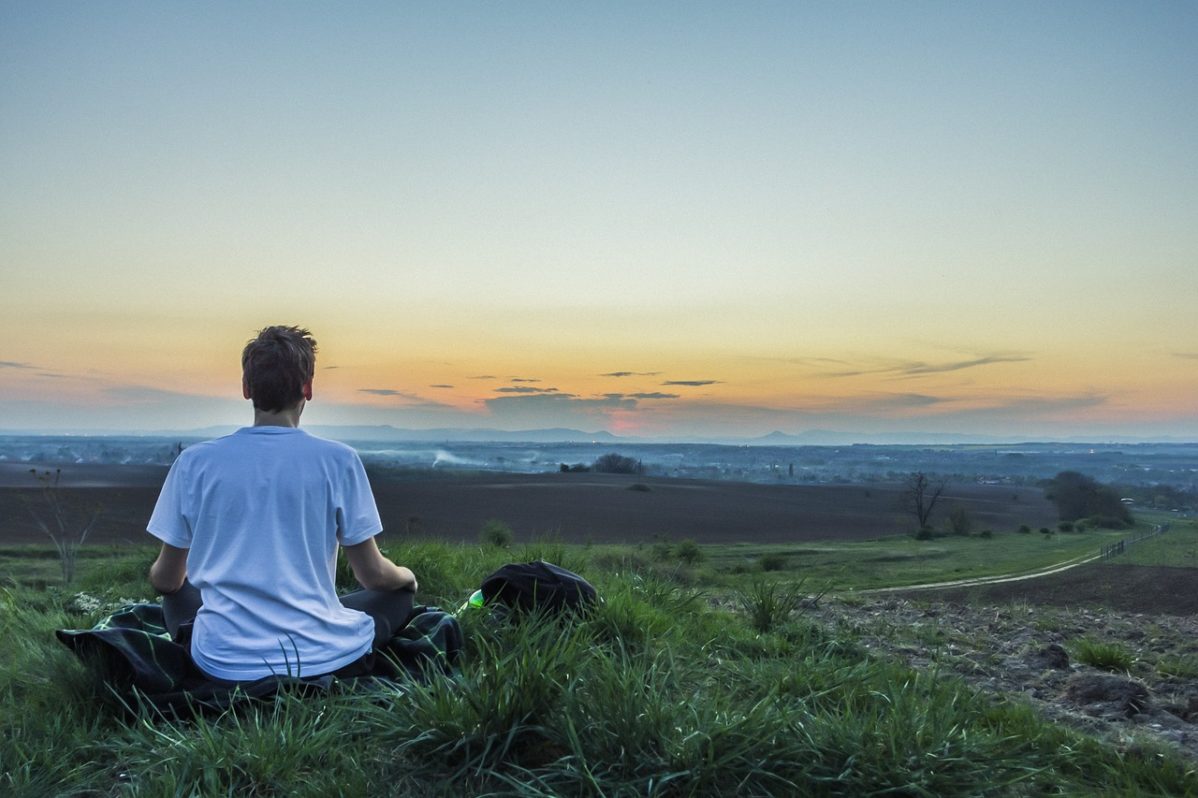
Spiritual experiences are integral to many Americans’ lives. Almost half, or 46%, of U.S. adults report experiencing a deep sense of wonder about the universe at least once or twice a month. Likewise, 44% feel a profound sense of spiritual peace and well-being regularly. These experiences often foster a sense of interconnectedness with the cosmos and with humanity.
The Practice of Spirituality

To embody their spirituality, Americans engage in various practices. Many individuals look inward or center themselves regularly, with 44% doing so mainly to feel connected, either with something greater than themselves or their true selves. Meditation is another prevalent practice, with 38% of respondents participating, primarily to connect with their innermost selves or something beyond them.
Gathering in Spiritual Communities

While religious communities remain more common, with 39% of respondents involved, spiritual communities are emerging as well, with 14% of Americans engaged in groups that help them establish connections with something bigger than themselves, nature, or others. This duality reflects the evolving landscape of communal spirituality in the United States.
Objects with Spiritual Significance

Many Americans hold objects with spiritual significance. More than a third possess a cross for spiritual purposes, while 19% have jewelry serving a similar role. Additionally, 15% maintain a shrine, altar, or icon in their homes, demonstrating the tangible ways in which spirituality finds expression.
The Evolving Spiritual Identity

The survey’s findings highlight the dynamic and evolving nature of spirituality in America. While traditional religious beliefs and practices have seen declines, spirituality persists and adapts, drawing from diverse sources and experiences. The emergence of those who identify as “spiritual but not religious” underscores this shift, reflecting a blending of various spiritual elements from different traditions and belief systems.
Concluding Thoughts
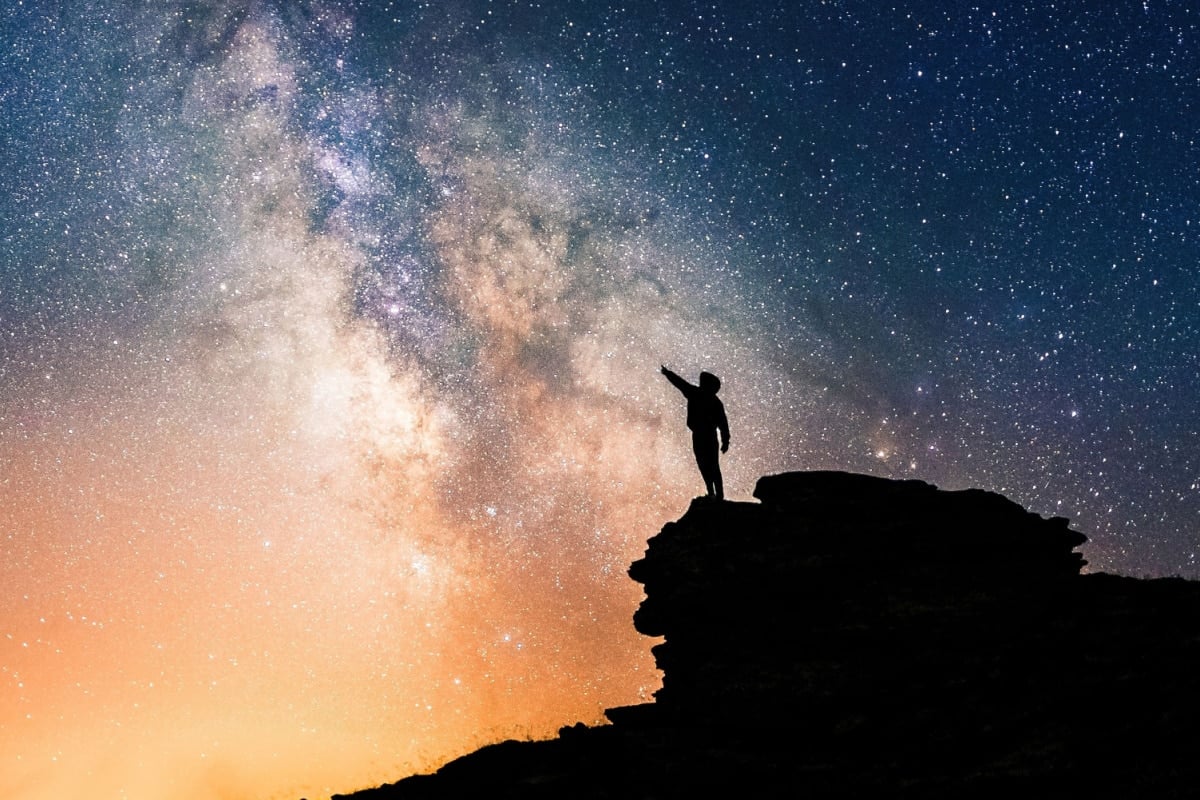
In this comprehensive exploration of spirituality among Americans, we have unveiled a tapestry of beliefs, practices, and experiences that shape the nation’s spiritual landscape. The profound sense of interconnectedness, the recognition of the spiritual realm, and the embracing of the unexplained collectively contribute to a rich and diverse spiritual tapestry that continues to evolve in the United States. As spirituality takes on new forms and expressions, it remains a vital and enduring aspect of American life.
Atheism On The Rise In The United States
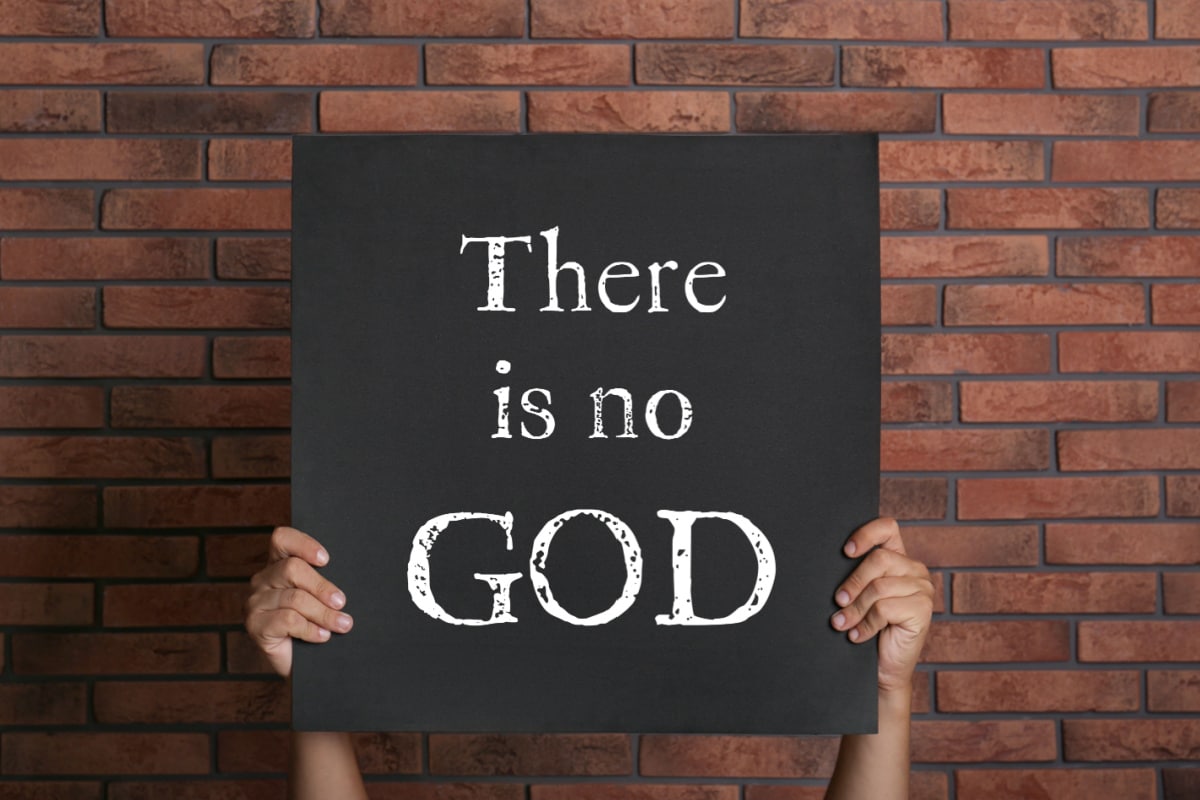
In an era marked by shifting religious landscapes, atheism is gaining prominence in the United States and globally. Read: Atheism On The Rise In The United States
10 Things Even Atheists Could Take Away From Reading The Bible
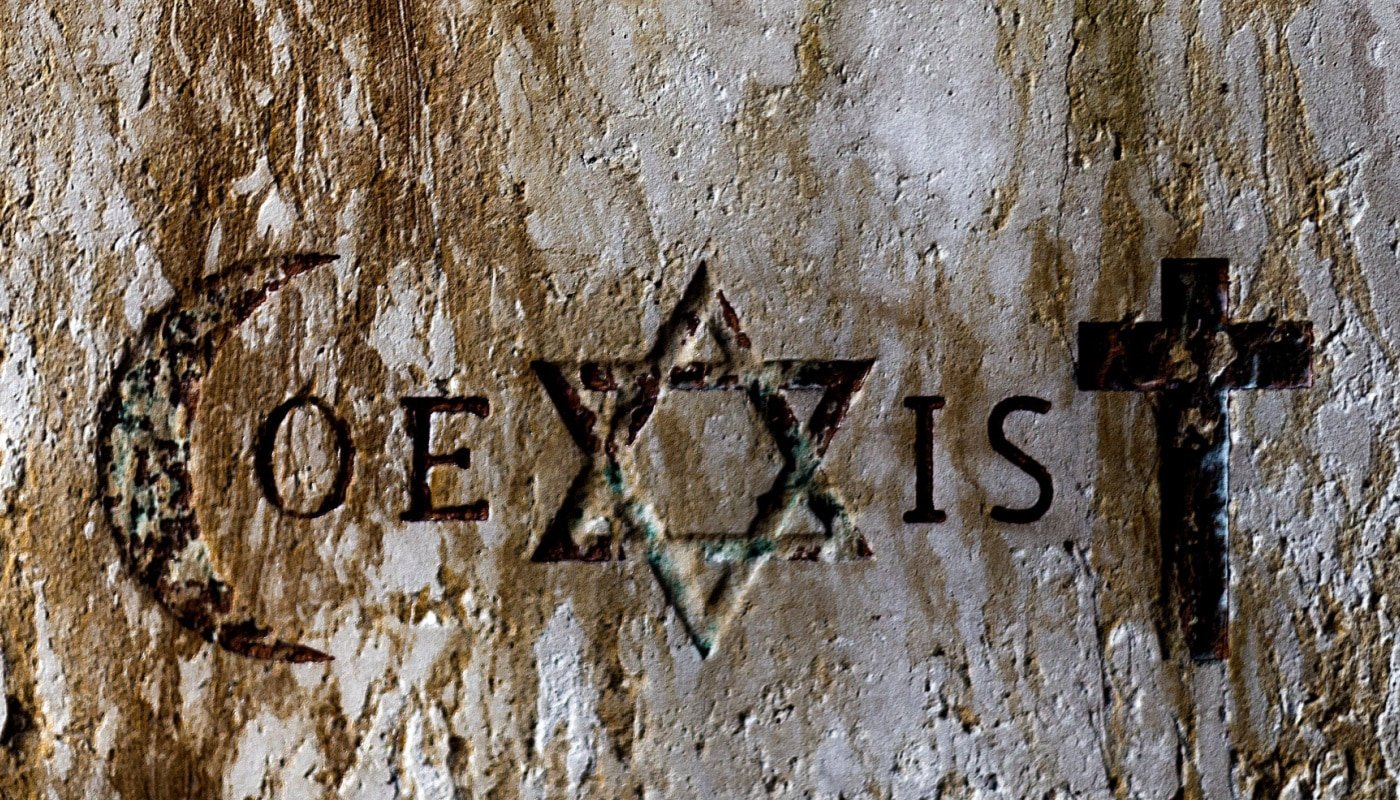
Ever thought of the Bible as a fascinating read, even if you’re not religious? It’s like delving into a rich tapestry of stories, filled with history, drama, and life lessons. For atheists, it’s a chance to explore tales that have shaped cultures and sparked conversations for millennia. So, whether you’re in it for the narratives or the nuggets of wisdom, there’s something in there for everyone. Here are a few things everyone can take from the Bible.
Read: 10 Things Even Atheists Could Take Away From Reading The Bible
Anti-Choice Community Ironically Arguing for a Woman’s Right to Choose with “Abortion Reversal” Laws

In recent years, the topic of “abortion reversal” has sparked heated debates, with anti-abortion organizations pushing state lawmakers to promote this controversial and unproven treatment. This article delves into the heart of the matter, exploring the science, the legal landscape, and the ethical implications surrounding abortion reversal. Read: Anti-Choice Community Ironically Arguing for a Woman’s Right to Choose with “Abortion Reversal” Laws
When Doctors Refuse Care Based On Their Own Beliefs: Coming To An ER Near You

In recent times, healthcare legislation has taken a thought-provoking turn with the emergence of ‘conscience’ bills. These bills grant medical providers significant legal protection when it comes to opting out of specific medical procedures and treatments based on their ethical, moral, or religious beliefs.
Read: When Doctors Refuse Care Based On Their Own Beliefs: Coming To An ER Near You







